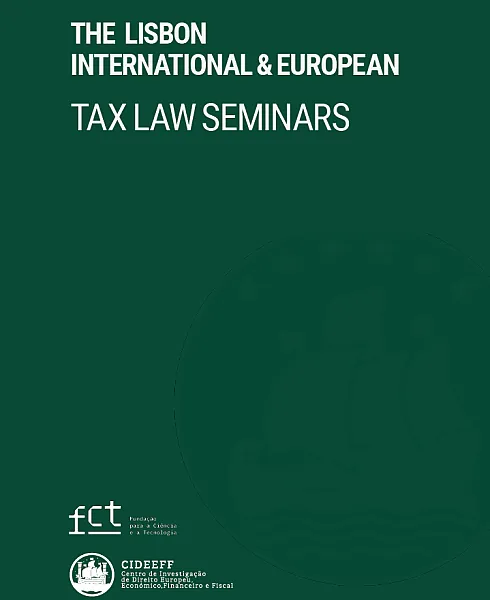Between Cooperation and Divergence: The UN Framework Convention on International Tax Cooperation and the Challenges of Multilateralism

This paper examines the political, legal, and procedural developments surrounding the United Nations Framework Convention on International Tax Cooperation (UN FCITC), with particular focus on the negotiation of its Terms of Reference and the outcomes of the February 2025 organisational session. Central to the analysis is the question of legitimacy—specifically, whether the UN FCITC can serve as a credible and inclusive vehicle for global tax reform in light of persistent tensions between multilateralism and divergent national interests. A key focus of the study is the representativeness of UN Member States in the negotiation and decision-making processes. It critically assesses the extent to which all States—particularly those from the Global South—have had meaningful opportunities to shape the agenda and institutional architecture of the Framework Convention. The paper also addresses broader challenges such as the rivalry between the UN and the OECD, risks of institutional duplication, and the operational difficulties of establishing a new multilateral legal instrument. Drawing on official documents and academic analyses, the study argues that while the UN FCITC constitutes a significant step toward more inclusive global tax governance, it continues to face legitimacy deficits across three dimensions: input (participation and representation), throughput (process transparency and fairness), and output (effectiveness and equity of outcomes). The Framework Convention reflects a possible reconfiguration of authority in international tax rulemaking—but its success will depend on sustained political will and an institutional design that ensures broad and balanced representation throughout its development and implementation.
Keywords: UN Framework Convention; International Tax Cooperation; Global Tax Governance; Tax Sovereignty; Sustainable Development Goals.
Recent Publications


